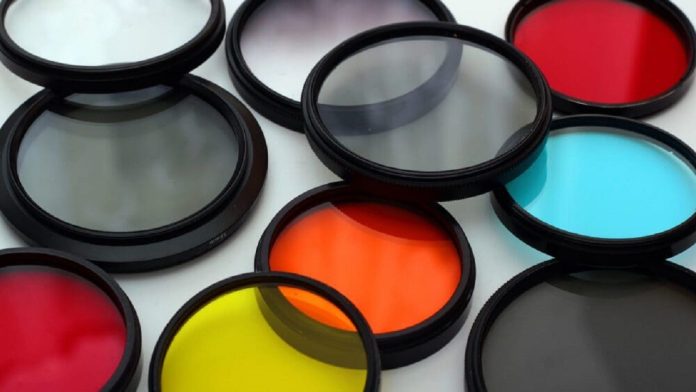Color filters have been used in photography for a long time. It is very helpful to know how they can be applied whether you are a professional photographer or not. This article is intended to describe the principles of color filters and how they can improve your photos and provide some tips on that click here for more information.
Understanding Color Filters
Color filters are intended to change the colors and the tones of the photograph that you are dealing with. They are classified in different ways based on their color and how compact they are, and all have their application.
Types of Color Filters
Neutral Density Filters
Although not a color filter, a neutral density filter doesn’t change the color through the lens. But enhance the quality of the picture.
Polarizing Filters
Polarizing filters are very useful in removing glare from shiny surfaces like glass and water.
Color Conversion Filters
These filters are applied to change the color and temperature of the light source that you are using. For instance, when shooting in daylight and then in the dark. It is useful to keep the right color balance of the scenes.
Color Enhancement Filters
These filters put some shades on your photos and make the less filled colors to be prominent.
Graduated Filters
Graduated color filters are those filters that work in a way that there is a gradual change in the color filter during photography.
Applications of Color Filters
Enhancing Contrast and Saturation
A color filter can boost the contrast and overload the colors of the image by a great deal. For instance, if you apply a yellow or orange filter, the clouds will be more prominent against the sky and the sky will appear to be more dramatic.
Correcting Color Imbalances
At other times, there will be some kind of cast in the lighting that will not be favorable for the photos. Color correction filters help in removing these casts so that the pictures portray the scene as it is. For instance, a green filter can neutralize a red color cast, which is why your pictures will look more natural.
Creating Artistic Effects
Besides the functionality, color filters are flexible. some can give a cooler effect, or others can create a warmer.
Experiment with Different Filters
Each filter is unique and thus it is advisable to experiment with various colors and types of filters to get the best outcome for your pictures.
Consider the Lighting Conditions
Color filters may be very useful in many situations. For example, polarizing filters are most effective when used at midday when there are reflective surfaces. Be aware of the lighting conditions and how they influence the filter that you have selected.
Staging of Filters for Creative Solutions
When using two or more filters at once, it is possible to get different interesting results. For example, the polarizing filter when combined with the color enhancement filter, will remove glare while at the same time enhancing the color.
Conclusion
Color filters are very useful equipment that allows the photographer to add something to the photograph and try different things. This knowledge will help you increase the contrast of the picture, correct differences in color and even add some artistic view to the picture.











